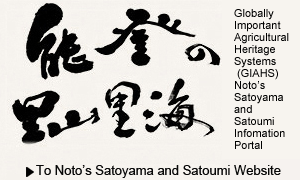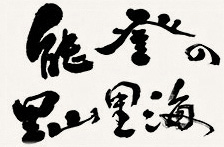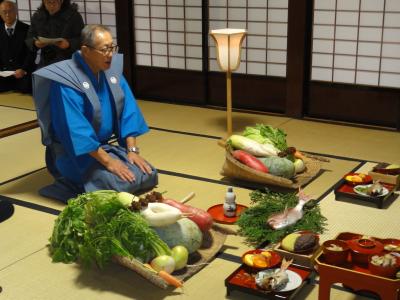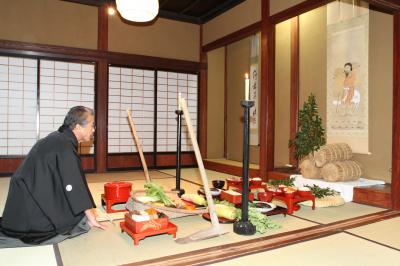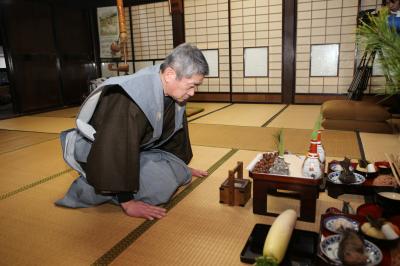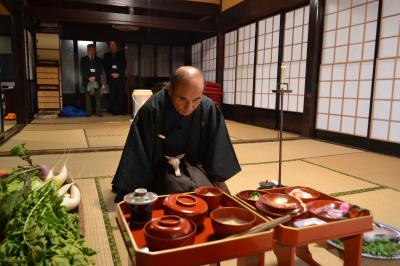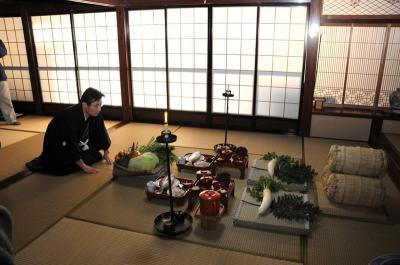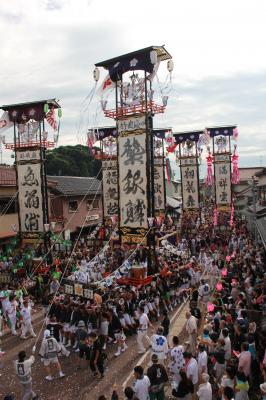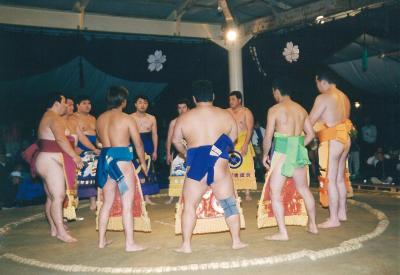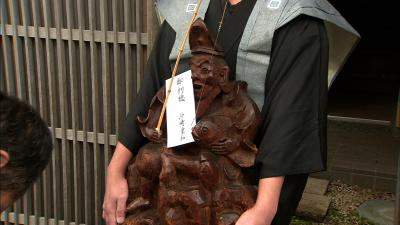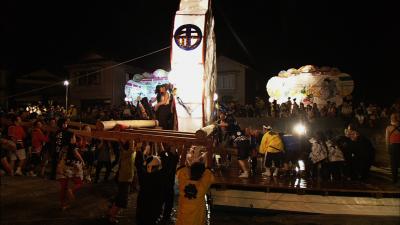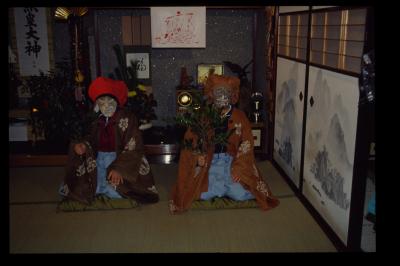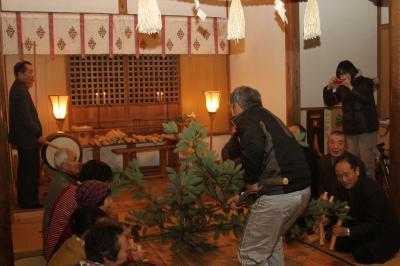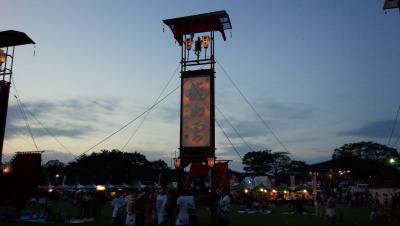
Name
Aenokoto
Address
Wajima City, Suzu City, Anamizu Town, Noto Town
Category
Festival
Class
Custom
Comment
This traditional custom of the northern Noto area is carried out to pray for a good harvest and to express appreciation for the harvest to the rice-field deities. It has been designated as a National Important Intangible Folk Cultural Asset. “Ae” means “hospitality”, and “koto” means “holy ritual”. This ritual is conducted on February 9 and December 5. On December 5, the host, a representative of the villagers, goes to rice fields to meet the deities, and invites them to his home. To express appreciation to the deities, he pretends he is going to wash their backs in the bathroom, and then takes them to a holy seat made of rice bales in the back guest room, where he treats them to dishes of seafood and wild vegetables, while explaining the dishes. The deities are believed to spend the New Year’s holidays in the house. On February 9 of the following year, the host does the same things as when he met the deities, and then takes them to rice fields to see them off, praying for a good harvest for the year. This is the original form of agricultural ritual that is part of the Japanese culture of rice cultivation, and it is registered on the list of UNESCO Intangible Cultural Assets.
Material Link
Views
Access number:15326

